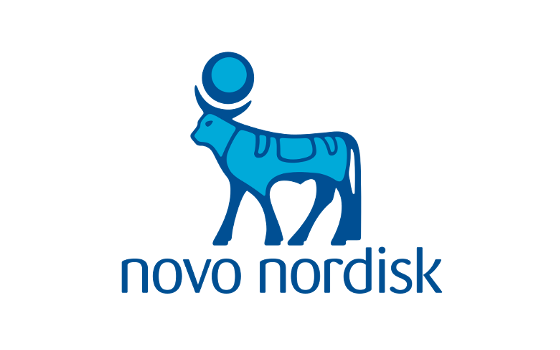 University of Oxford and Novo Nordisk today announced a landmark research collaboration focused on type 2 diabetes. The partnership will enable scientists from Novo Nordisk and University of Oxford to collaborate to discover innovative approaches for treating type 2 diabetes. As part of the collaboration, Novo Nordisk is also investing in a new research centre on the premises of the University of Oxford.
University of Oxford and Novo Nordisk today announced a landmark research collaboration focused on type 2 diabetes. The partnership will enable scientists from Novo Nordisk and University of Oxford to collaborate to discover innovative approaches for treating type 2 diabetes. As part of the collaboration, Novo Nordisk is also investing in a new research centre on the premises of the University of Oxford.
The Novo Nordisk Research Centre Oxford will employ up to 100 Novo Nordisk researchers, based in an Oxford University research centre. The total investment from Novo Nordisk is expected to be around 1 billion Danish kroner (115 million British pounds) over a period of 10 years. The centre will focus on innovation within early stage research that has potential to substantially impact future treatment of type 2 diabetes and its complications.
"This collaboration brings together some of the world's sharpest minds in the field of diabetes to seek new targets for therapeutic innovation. It combines Novo Nordisk's 90 years' experience in developing treatments for diabetes with the expertise of world leading scientists from the University of Oxford. Our vision is that the unique combination of industrial and academic know-how will eventually lead to a new generation of treatments to improve the lives of people with type 2 diabetes," said Chief Science Officer and Executive Vice President of Novo Nordisk, Mads Krogsgaard Thomsen.
The collaboration will actively seek to encourage cross-fertilisation of ideas between academic researchers from the University of Oxford and researchers employed by Novo Nordisk with funds to sponsor the collaborative research.
Sir John Bell, Regius Professor of Medicine, University of Oxford, said: "We see the collaboration with Novo Nordisk as an outstanding opportunity to mix competence embedded at our campus with Novo Nordisk's groundbreaking research and results in diabetes. This collaboration underlines the importance of shared research and cutting-edge science across boundaries. Employees at Novo Nordisk Research Centre Oxford and researchers at the University of Oxford will have the opportunity for daily interaction to share knowledge and insights that will potentially produce new medicines for people living with type 2 diabetes and its complications."
James D. Johnson, Professor, PhD, has been appointed head of the Novo Nordisk Research Centre Oxford. He is a world-renowned researcher in the fundamental biology of pancreatic islets, insulin action, diabetes and related conditions. Dr Johnson is currently Professor at the Department of Cellular and Physiological Sciences and the Department of Surgery at the University of British Columbia.
Novo Nordisk and University of Oxford have had a collaboration since 2013 through the International Postdoctoral Fellowship Programme. The programme was extended in 2015 and will include up to 32 fellows.
About Oxford University's Medical Sciences Division
The Division is one of the largest biomedical research centres in Europe, with over 2,500 people involved in research and more than 2,800 students. The University is rated the best in the world for medicine, and it is home to the UK's top-ranked medical school. From the genetic and molecular basis of disease to the latest advances in neuroscience, Oxford is at the forefront of medical research. It has one of the largest clinical trial portfolios in the UK and great expertise in taking discoveries from the lab into the clinic. Partnerships with the local NHS Trusts enable patients to benefit from close links between medical research and healthcare delivery. A great strength of Oxford medicine is its long-standing network of clinical research units in Asia and Africa, enabling world-leading research on the most pressing global health challenges such as malaria, TB, HIV/AIDS and flu. Oxford is also renowned for its large-scale studies which examine the role of factors such as smoking, alcohol and diet on cancer, heart disease and other conditions.
About Novo Nordisk
Novo Nordisk is a global healthcare company with more than 90 years of innovation and leadership in diabetes care. This heritage has given us experience and capabilities that also enable us to help people defeat other serious chronic conditions: haemophilia, growth disorders and obesity. Headquartered in Denmark, Novo Nordisk employs approximately 42,
100 people in 75 countries and markets its products in more than 180 countries.